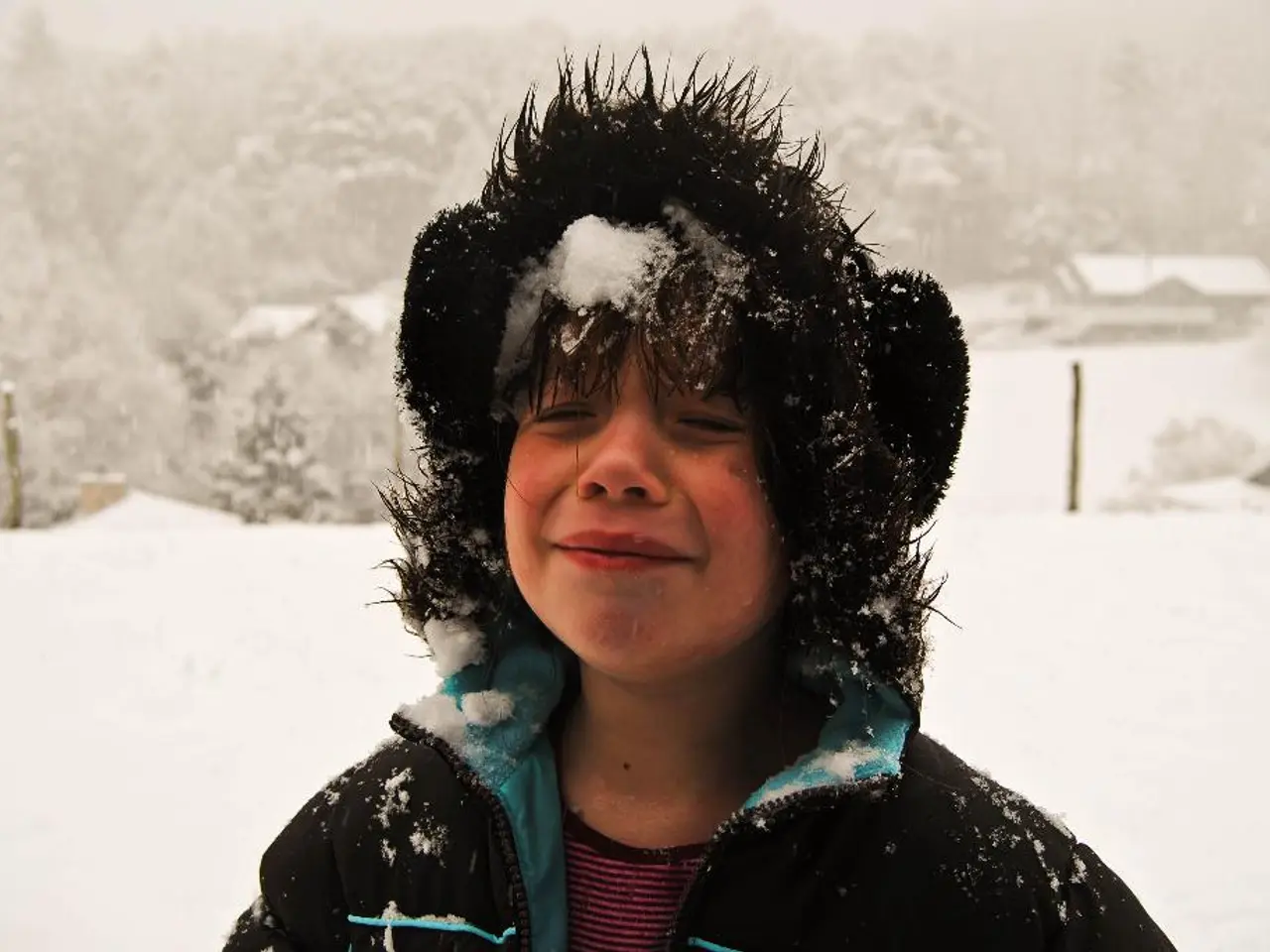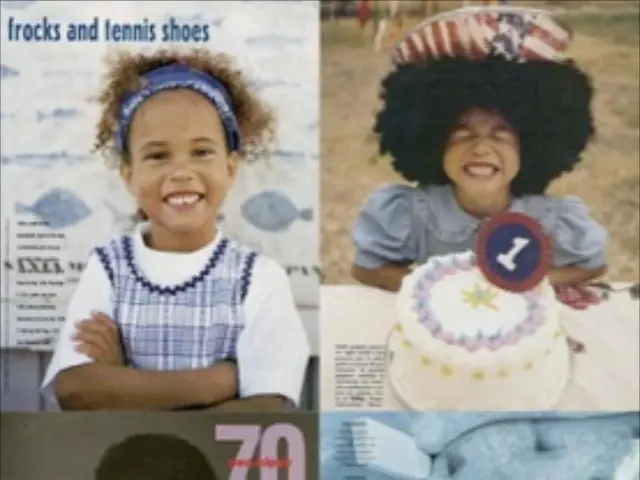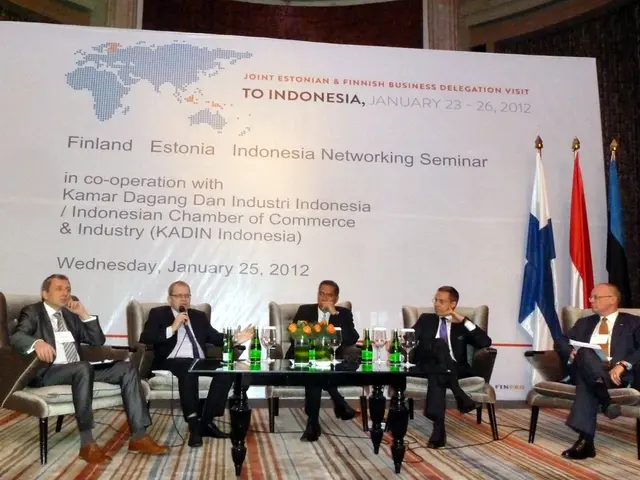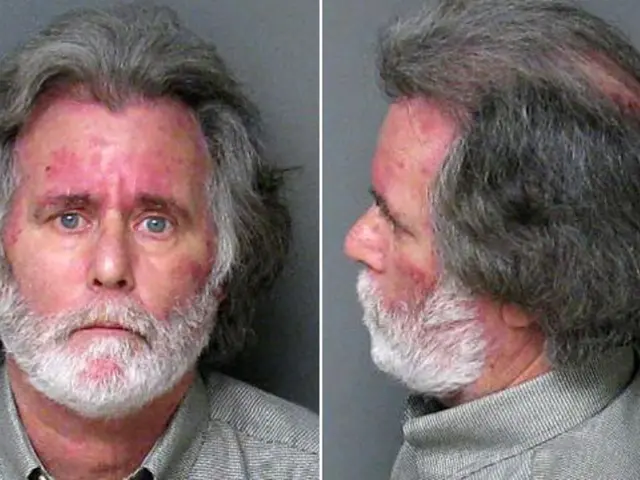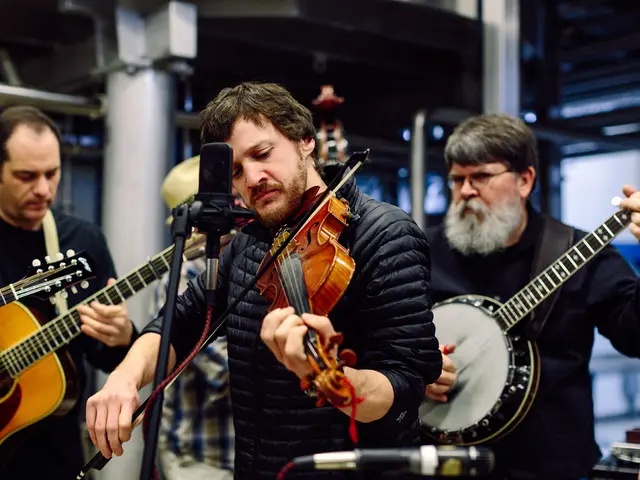Navigating Childhood with Special Needs in Nigeria: An Uphill Battle
In a bid to ensure that every child in Nigeria has access to quality education, the focus should be on inclusive education and infrastructure. This approach is essential for catering to the needs of all children, including those with disabilities, who currently face significant challenges due to societal, educational, and infrastructural barriers.
One of the most pressing educational barriers is the lack of accessibility in schools. Many institutions lack ramps, accessible toilets, and modified classroom layouts, making it difficult for children with physical disabilities to attend and participate. Moreover, many teachers lack formal training in special needs education, hindering their ability to provide appropriate support. Additionally, standardized curricula without flexibility for differentiated instruction limit the learning potential of children with disabilities.
Societal and cultural barriers also pose significant challenges. Cultural beliefs about disabilities being supernatural or curses lead to stigma and discourage enrollment in schools. Limited understanding of disabilities among the general public and even within families can exacerbate isolation.
Data and policy challenges further complicate the situation. Inadequate data on the number and needs of children with disabilities hampers effective policy implementation.
To address these challenges, several strategies for support have been proposed. Government initiatives include infrastructure development following universal design principles, teacher training programs, and policy reforms that promote inclusive education. Societal support involves awareness and education campaigns, community engagement, and support networks for families of children with disabilities. Educational interventions include Individualized Education Plans (IEPs), peer support programs, and efforts to promote social inclusion.
Creating a more inclusive society for children with disabilities is not just a moral obligation but also makes economic sense. These children have the potential to become productive members of society. Prioritizing investments in infrastructure, education, and healthcare is crucial to creating a more supportive environment for children with disabilities.
Raising awareness about disabilities and challenging negative stereotypes is crucial in promoting inclusion and equality for children with disabilities. The Nigerian government should establish policies and programs to support families and children with disabilities, focusing on financial support, education, healthcare, and employment opportunities.
The government should also invest in teacher training programs to ensure that teachers are equipped with the knowledge and skills required to teach children with disabilities. The media and education systems need to play a more significant role in challenging negative stereotypes and creating more positive representations of disabilities.
Lastly, the government should establish specialized services and facilities to help children with disabilities develop their skills and reach their full potential. It is the responsibility of all stakeholders, including the government, private sector, civil society organizations, and individuals, to come together and drive change for children with disabilities in Nigeria.
- To foster the growth and development of every child in Nigeria, a priority should be given to education and parenting, addressing the challenges that hinder the quality of their schooling, such as infrastructure, teacher education, and flexible curriculums.
- The societal and cultural stigma surrounding disabilities necessitates changes in beliefs and increased awareness, ensuring children with disabilities are accepted and granted equal opportunities.
- By focusing on education and self-development, families can create a supportive environment for their children, nurturing their mental health, health-and-wellness, and personal growth.
- A comprehensive approach to education for children with disabilities should include measures like Individualized Education Plans, social inclusion programs, and peer support initiatives that cater to their unique needs and promote holistic development.
- Governments and families must work collaboratively to create policies that address financial, educational, and healthcare disparities, ensuring children with disabilities have access to the same resources as their able-bodied peers.
- Access to quality education is essential for children's future success, contributing to long-term personal growth, employment opportunities, and the overall social, economic, and political development of the country.
- The media can play an instrumental role in shaping public opinion about disabilities, promoting positive depictions and challenging negative stereotypes that continue to marginalize these children.
- A strong collaboration between various stakeholders, including governments, private sector, civil society organizations, and individuals, is required to create a more supportive and inclusive environment for children with disabilities in Nigeria, empowering them to learn, grow, and thrive.
